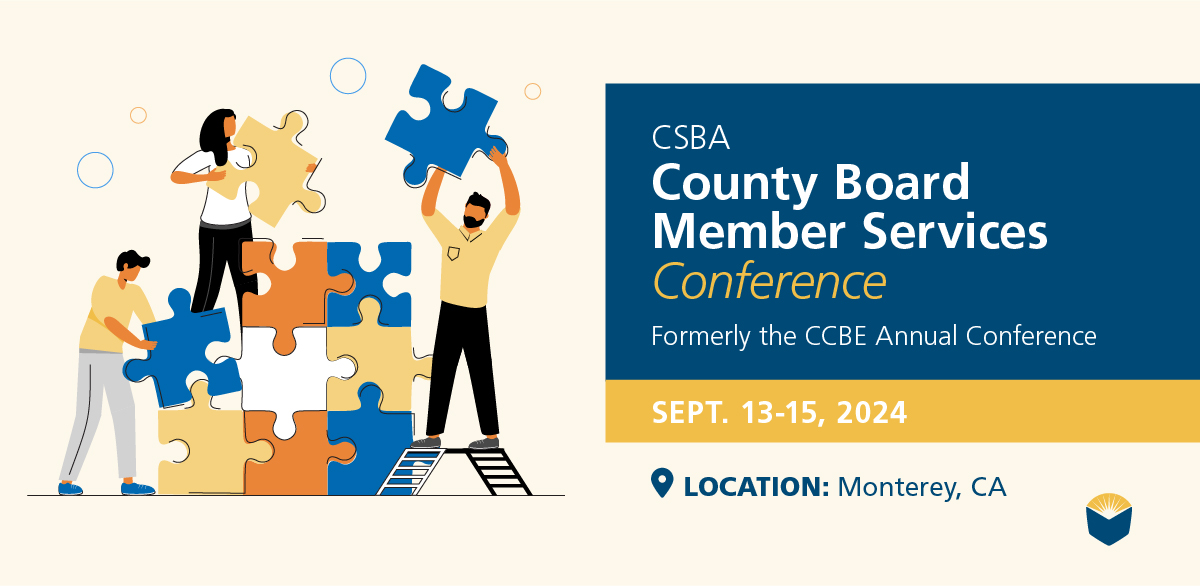Each February, African American History Month marks a time for celebrating the achievements of African Americans and recognizing their central role in U.S. history. This month, the CSBA blog will highlight innovative programs that aim to boost African American student achievement.
African American students in California, and nationwide, face challenges and systemic barriers that have resulted in wide achievement and opportunity gaps. The California counties serving the largest concentrations of African American students are Solano, Sacramento, Alameda, Contra Costa and San Francisco. In each of these counties, African American children represent at least 10 percent of the K-12 population.
One community organization working and partnering with school districts in the Bay Area to help close the achievement gap is the African American Regional Education Alliances. The mission of AAREA is to develop collaborative educational services and professional development opportunities that result in improved academic proficiency and college readiness for African American students.
“We fill gaping gaps in educational support services that are designed specifically and unapologetically to meet the needs of African American students and their families,” said co-founder Robyn Fisher in an introductory video on the organization’s website. “To this end, AAREA prides itself in providing a missing and much-needed approach to addressing educational issues from a grass roots, community-based, culturally relevant, and responsive lens and perspective.”
AAREA engages with school administrators and teachers to provide resources and professional learning opportunities that best meet the district’s needs so that it can better serve African American students and their families. The organization believes that equitable schools are the cornerstone of equitable communities. Among the service goals of AAREA are to examine and highlight links between research findings and promising classroom practice as it pertains to African American academic performance; to build the capacity of education service providers to access, interface and collaborate with public and private organizations that have a demonstrated history of success working with African American youth and their families; and to increase levels of African American presence on school grounds and involvement in school activities.
“We move beyond rhetoric to realistic and systemic solutions,” said Fisher.
Among professional development offerings and different community initiatives and awards programs, AAREA is focusing on STEM learning with STEM Strategies to Empower and Prepare Students for Success (STEM STEPS). The project goal is to significantly increase the rates of African American students who graduate and are college-ready through three programs:
- STEM STEPS Fellows is an intensive professional development program designed to assists educators with the culturally responsive integration of mathematics and science with applications in engineering and technology while meeting the guidelines of the Common Core State Standards and Next Generation Science Standards.
- STEM STEPS for Success Scholars Program is designed to provide African American students with practical applications of math and science content in a culturally relevant, real world context.
- The Regional Parent Network is designed to help close the achievement gap by increasing the meaningful engagement of African American families in their children’s education. RPN conducts culturally relevant outreach efforts and provides seminars that support parents with the skills, tools and resources necessary to advocate for their child as well as to be a partner with their child’s school, district and local educational entities.
AAREA is one initiative of the Choose College Educational Foundation, Inc., a nonprofit working to emerge, sustain and grow a regional collaborative network that designs and implements innovative educational services targeting the needs of African American youth and their families in various East Bay Area regions. It does this by engaging in meaningful conversations and reviewing best practices for improving the academic success of African American students.





